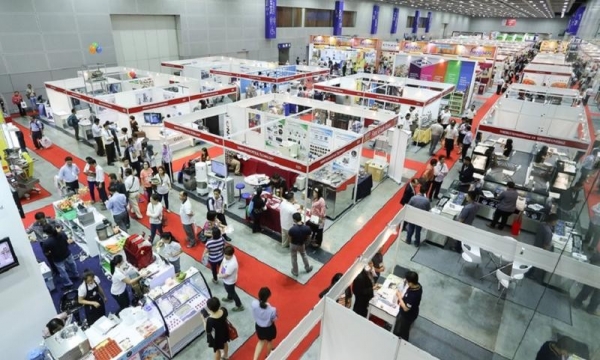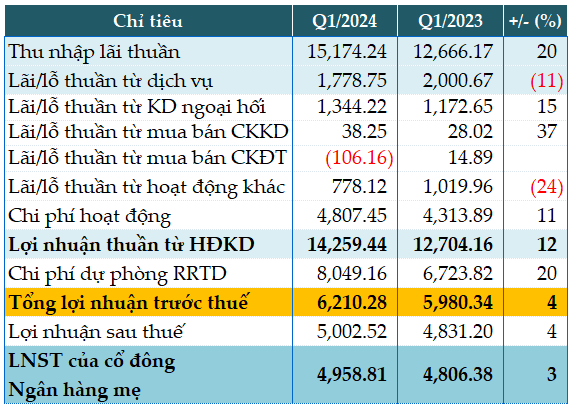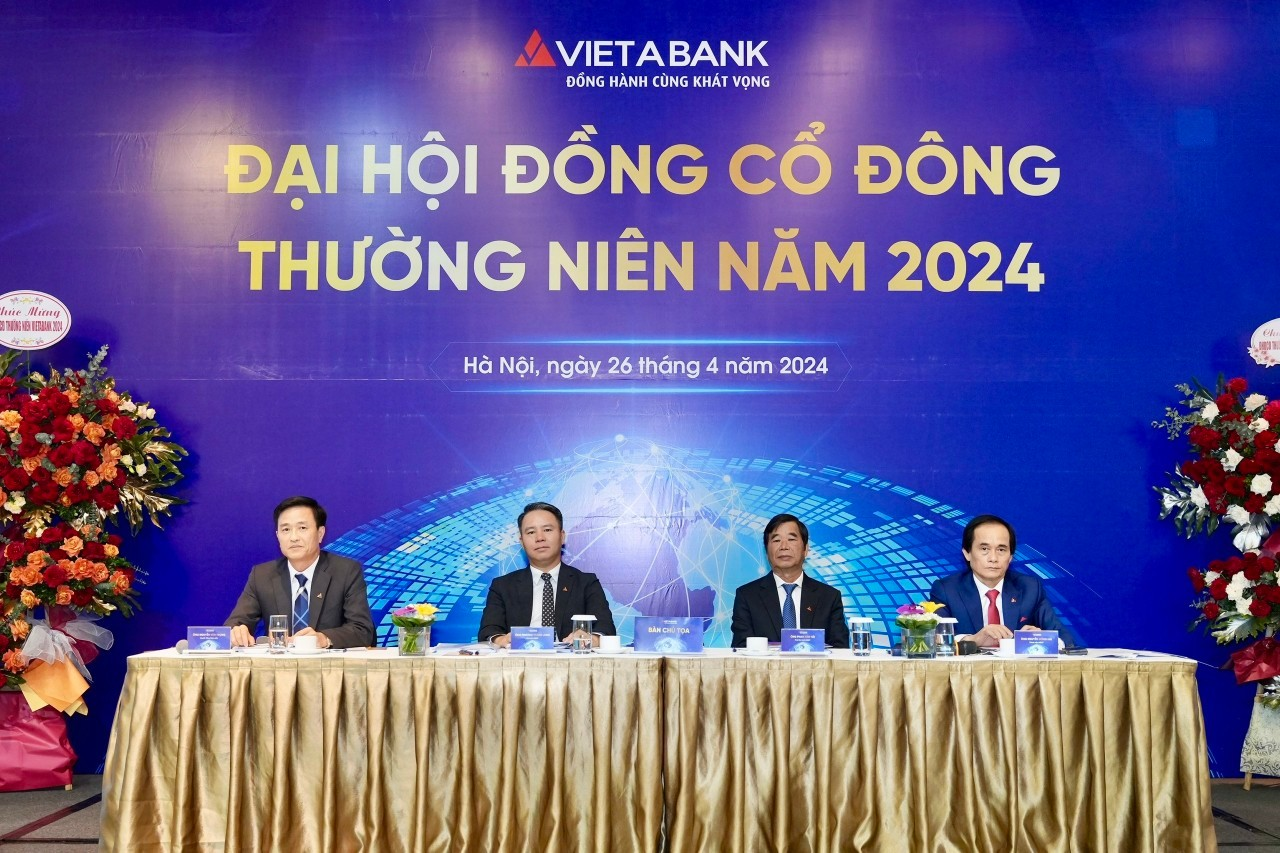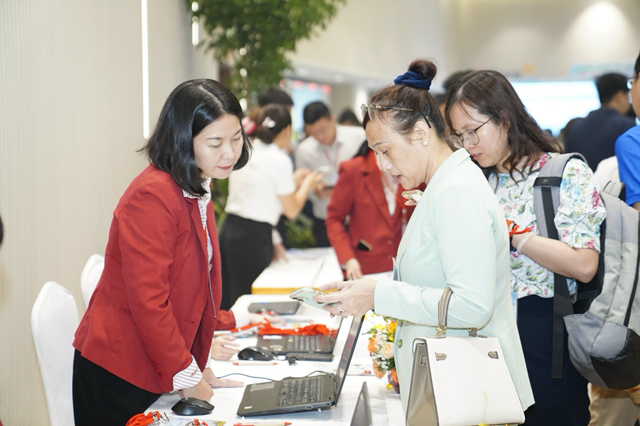In its response to the Ministry of Finance regarding suggestions for amending the Value Added Tax (VAT) Law, the Vietnam Chamber of Commerce and Industry (VCCI) stated that some businesses have raised concerns about inequality in VAT when operating under the economic conglomerate model.
For example, a company in the dairy industry has reported that their inputs include various goods and services subject to a 10% tax. The intermediate product, fresh milk, is tax-exempt. The final output is processed products, which are taxed at a rate of 10%.

Some businesses have raised concerns about inequality in VAT when operating under the economic conglomerate model (Illustrative image)
If a company carries out both stages, raising cattle and processing milk, it will be able to deduct input VAT. However, when transitioning to the economic conglomerate form, this company separates into one company specializing in producing raw milk and another company specializing in processing milk. At this point, the first company is not allowed to deduct input VAT because the output product is tax-exempt. The second company, where the input is raw milk, is not allowed to deduct output tax.
“As a result, when transitioning to the economic conglomerate model, businesses have to pay more taxes” – VCCI’s document stated.
In particular, according to VCCI, this issue is not only present in the dairy industry but also in many other industries where intermediate products are tax-exempt. In such cases, without being able to deduct input VAT, businesses will be less motivated to organize themselves under the economic conglomerate model.
Meanwhile, Resolution No. 10/2017 of the Party’s Central Executive Committee states that it encourages the formation of private economic conglomerates. Organizing business operations in an economic conglomerate form (parent company – subsidiaries), instead of one company simultaneously carrying out multiple stages of production, helps reduce risks and increase flexibility, which is more suitable for businesses when developing large-scale production.
To address this issue, VCCI proposes that the drafting agency of the Draft Amended VAT Law study a mechanism that allows businesses organized under the economic conglomerate model to centralize accounting for the conglomerate, rather than individual accounting for each subsidiary as is currently done.
“Such a mechanism will help businesses not have to pay more taxes when transitioning to the economic conglomerate model” – VCCI’s document affirms.









































